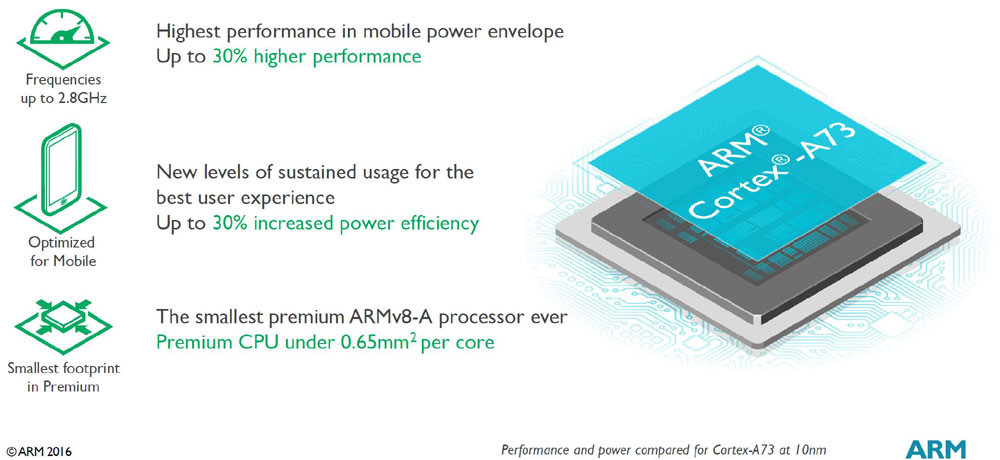
You’ve never heard of Novaled. It’s OK, neither have I. According to their website, however, we should all know about them since their mission statement is to make “customers’ OLED visions a reality“. But what does that even mean? According to The Korea Herald, the German company specializes in “materials used to light up smartphone and television screens“.
Samsung apparently wants these guys, and they’re willing to spend $200 million or more to make it happen. The deal could even be announced this week. The last press release Novaled published was to announce the start of a project to create inexpensive OLED displays, something we all want. At the bottom of said press release, was the company’s one paragraph description of themselves:
“Novaled AG is a leader in the discovery, development and commercialization of technologies and materials that enhance the performance of organic light- emitting diodes (OLEDs) and other organic electronics. Novaled offers manufacturers of OLED‐products a unique combination of proprietary technology, materials and expertise. Novaled is currently the only company that also licenses and sells conductivity‐enhancing technology and organic materials for use in the mass production of OLED products. Novaled has developed long term partnerships with major OLED players. In addition, the company, with its more than 500 registered and pending patents in the field of OLED® technology, structures and materials, has a strong IP position. The company has been active in the market since 2003. It was founded in 2001 as a spin‐off from the Technical University of Dresden (IAPP) and the Fraunhofer Society (IPMS) in Dresden and has in addition to its headquarters in Dresden, offices in Korea and Japan.”
I made the important part bold.

















